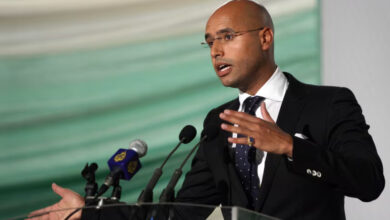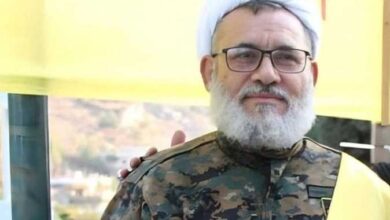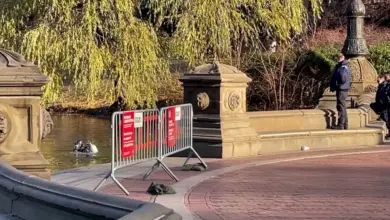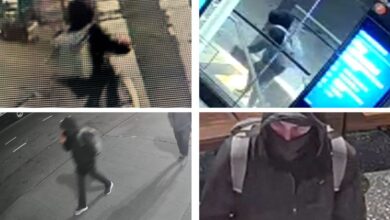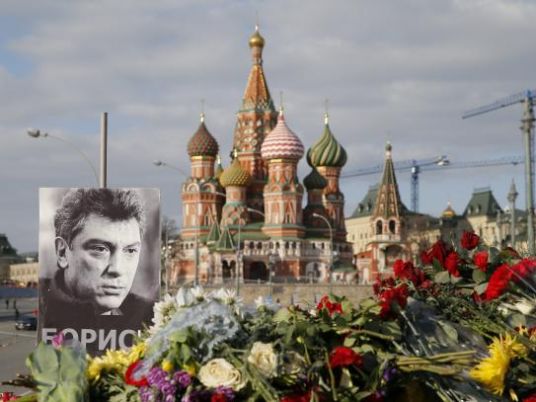
Two suspects have been detained over the killing of Boris Nemtsov, Russia's most senior security official said, a week after he was shot dead near the Kremlin in the most high-profile killing of an opposition figure in years.
Alexander Bortnikov, the head of the Federal Security Service, told state television station Channel One on Saturday that the suspects were named Anzor Gubashev and Zaur Dadayev.
Bortnikov said President Vladimir Putin had been informed of the detentions and that the investigation was ongoing.
The state-run RIA news agency quoted Bortnikov as saying the two were from the Caucasus, a violent and impoverished region on Russia's southern flank.
Interfax news agency quoted a source familiar with the situation say saying the two may be brought before a court to be formally arrested on Sunday. No details were released on what role the two men were suspected of having in the killing.
Nemtsov was a liberal who had served as deputy prime minister in the 1990s but became a staunch critic of Putin. He was shot late on 27 February within sight of the Kremlin walls as he walked home from a cafe.
It was the most high-profile killing of an opposition figure in President Vladimir Putin's 15-year rule. Some of Nemtsov's friends said the Kremlin was to blame.
They have also asked why the police took so long to arrive at the scene of the crime and how someone could fire six shots at him and get away in an area monitored by closed-circuit television footage.
Russian officials have denied any involvement. Putin has called the killing a shameful tragedy and says he will do everything possible to ensure the perpetrators are found and punished.
Assassins
After the arrests were announced, one of Nemtsov's closest associates said he hoped investigators were genuinely trying to solve the crime, but that it was too early to be sure.
"I want to believe that these ones are really the ones who conducted (the murder) and that once in a while law enforcement worked professionally and detained real assassins, and did not make a mistake," Ilya Yashin, the co-chairman of Nemtsov's party, told Reuters.
"The key task for investigators is to find and prosecute the ones who ordered this murder. If everything ends with the detention of scapegoats – irrespective of whether they are the real assassins or not – the practice of political assassinations will continue with no doubt," he said.
People from the North Caucasus have been named as suspects in other high-profile killings in Russia, including the 2006 murder of Anna Politkovskaya, a journalist critical of the Kremlin, and the killing in 2004 of Paul Klebnikov, a US citizen and journalist with the Russian edition of Forbes magazine.
Politkovskaya's supporters say the Chechen men sentenced for her killing were just low-level foot soldiers, and that investigators failed to find out who was behind her murder – a complaint echoed in many other high-profile killings.
Nemtsov's allies say his murder was a political act aimed at intimidating them.
Tens of thousands of Russians marched through central Moscow last Sunday, carrying banners declaring "I am not afraid" and chanting "Russia without Putin" in memory of Nemtsov.
It was one of the largest opposition marches since mass protests in 2011 and 2012.

